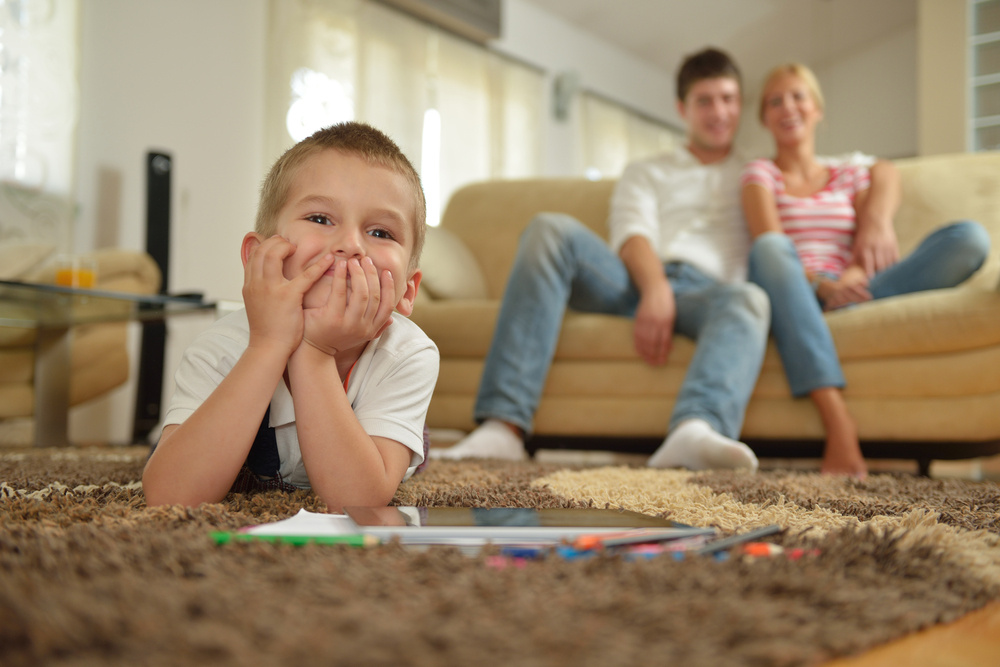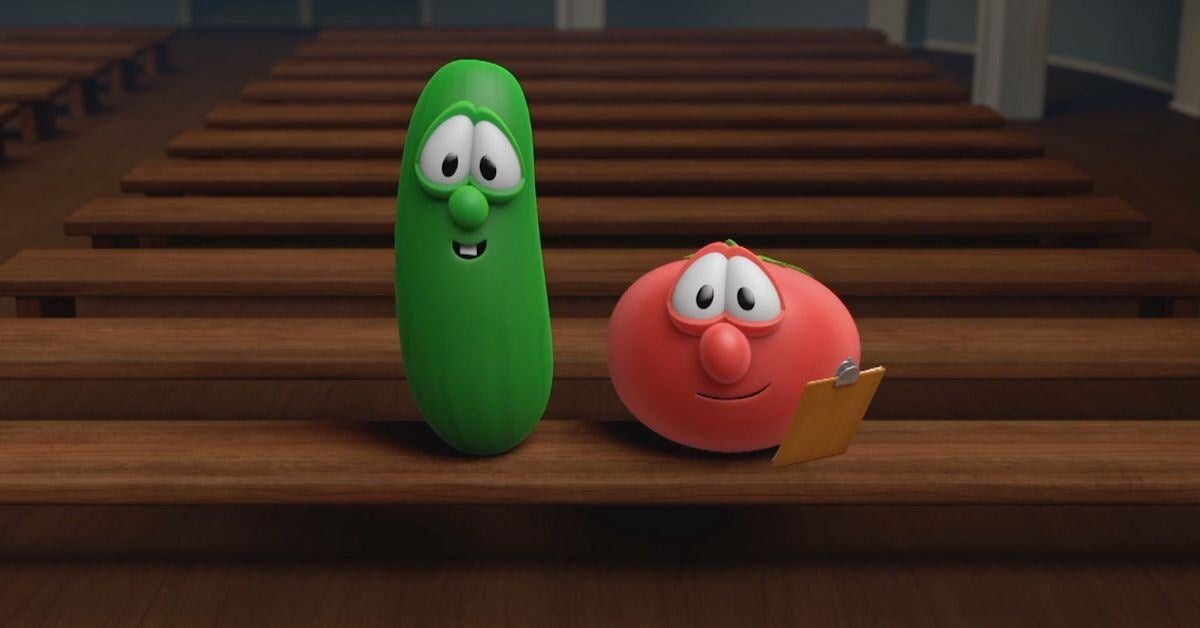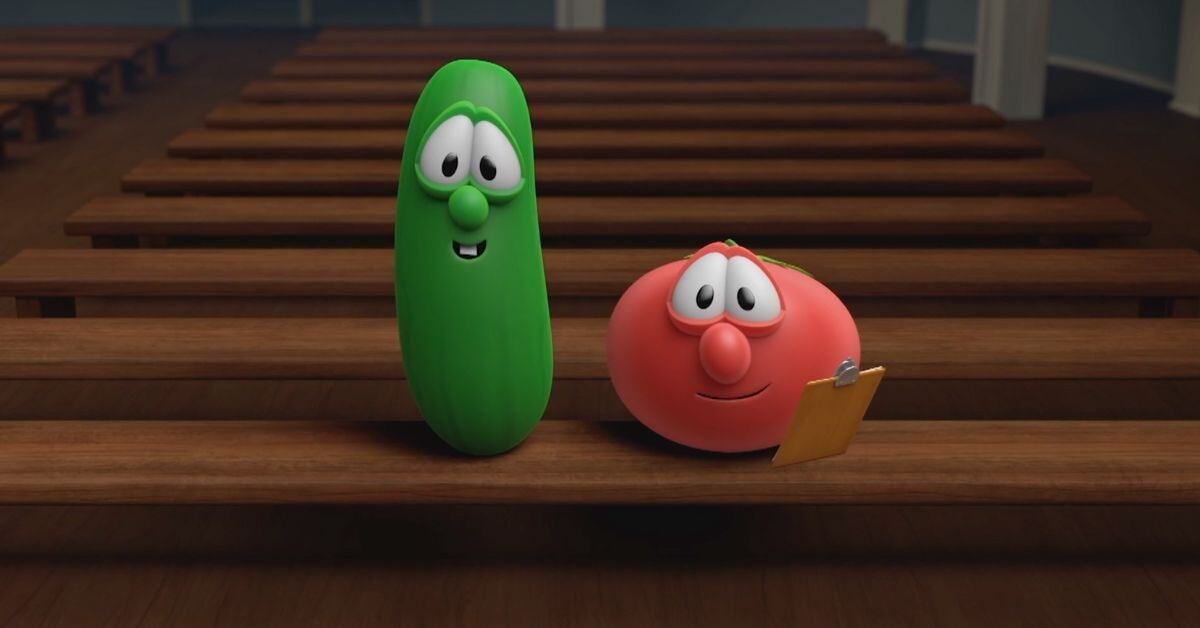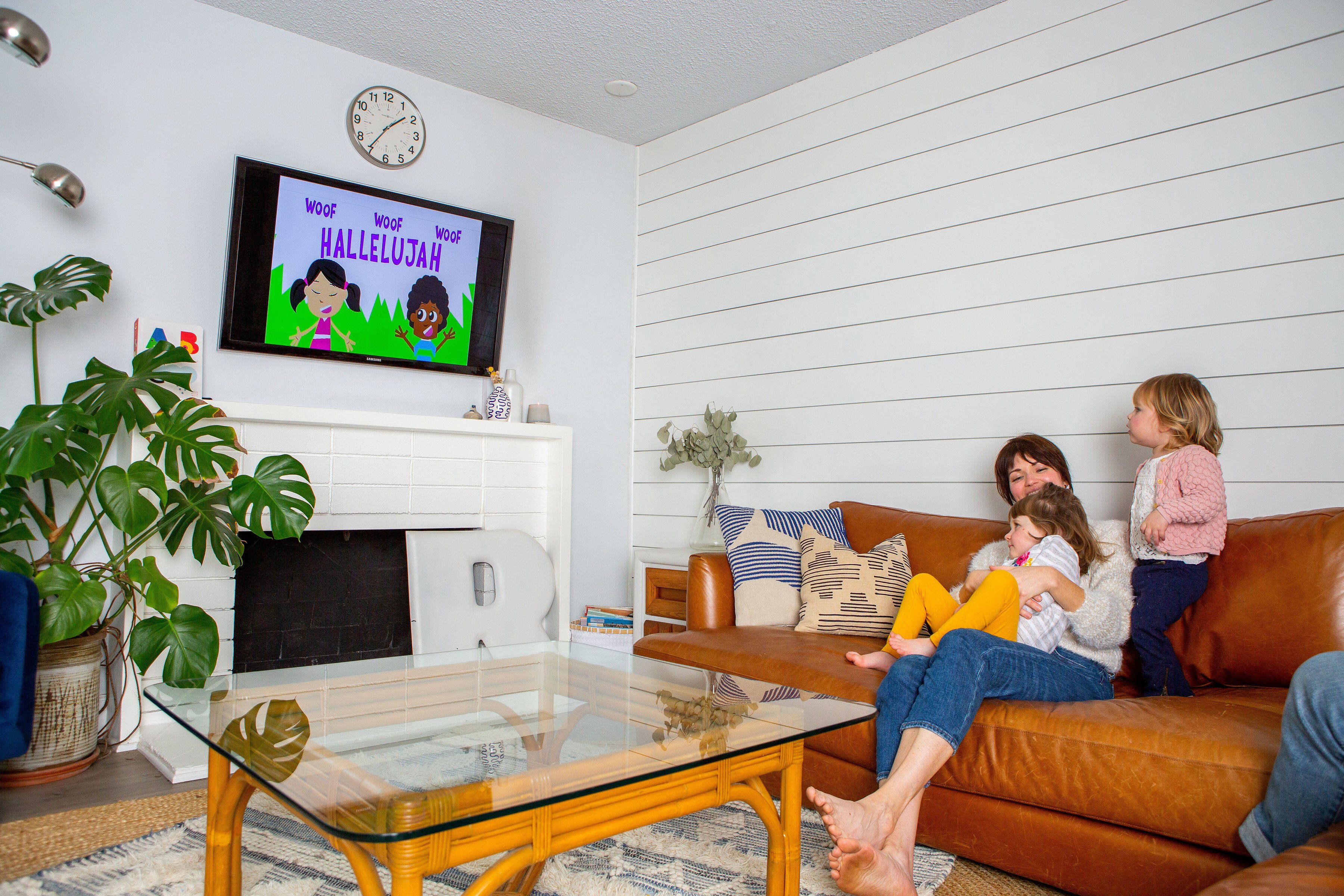How Educational TV Shapes Social Skills, Academic Growth, and Faith in Kids
Can Screen Time Boost Social Skills and Faith? How Educational TV Shapes Kids Growth Is screen time secretly shaping your child’s character for the...
Table of Contents
Is screen time secretly shaping your child’s character for the better? While debates about kids’ TV consumption often focus on screen-time limits, new research reveals an upside to certain shows: high-quality shows can be great tools for nurturing empathy, academic growth, and even spiritual understanding.
From Daniel Tiger’s Neighborhood modeling heartfelt apologies to VeggieTales bringing Bible stories to life, educational programming does more than entertain; it activates a child’s brain through parasocial learning, rhythm-driven learning, and faith-based storytelling. Studies show kids who watch certain educational content are more likely to share toys, articulate emotions clearly, and embrace diverse perspectives. For Christian families, platforms like Yippee TV take this further, weaving biblical values into engaging lessons on courage, prayer, and moral integrity.
Ready to turn screen time into growth time? Let’s explore how today’s best educational TV shows are raising tomorrow’s empathetic, resilient, and faith-filled generation.

Educational TV doesn’t just teach ABCs, it can also build social skills. A study from the Journal of Children and Media found that children who watched shows with “prosocial” (aka positive behavioural) themes, like Daniel Tiger’s Neighborhood, were more likely to share toys or comfort a peer. Here’s how it works:
Researchers call this “parasocial learning,” where children form bonds with fictional characters and mimic their behaviors. A 2017 study in Media Psychology found that kids who watched shows with strong emotional lessons could articulate their feelings more clearly, using phrases like “I feel frustrated” instead of acting out.

Ever wonder why your child can sing every Blue’s Clues theme song but forgets to put their shoes on? It’s not magic, it’s neuroscience.
For Christian families, educational shows do more than teach math, they nurture faith. Platforms like Yippee TV prioritize content that aligns with biblical values, offering unique benefits:
Critics argue screens encourage laziness, but interactive shows prove otherwise. Blue’s Clues revolutionized kids’ TV by including “pause time” and other participatory clues where hosts wait for viewers to shout answers. A landmark study found that this technique improved problem-solving skills as effectively as guided playtime with adults.
Modern shows tackle advanced subjects with nuance:
While non-religious shows lack biblical messaging, they can still align with Christian values. For example, Daniel Tiger’s Neighborhood emphasizes kindness and forgiveness, principles central to Christianity. Pair these with faith-based shows from Yippee TV for a balanced media diet.
Turn screen time into a holistic experience:
Use platforms like Yippee TV to filter content by:
Notice how TV lessons translate to real life:
A study from the American Educational Research Journal found that kids who watched educational shows at age 5 were reading at a higher rate than their peers once in high school. They also found that these kids were more likely to understand and academically succeed with other practical texts, maps, and more.
From Sesame Street’s alphabet songs to VeggieTales’ Bible stories, educational TV shows are powerful allies in raising curious, compassionate, and faith-filled kids. By choosing high-quality content, co-viewing actively, and tying lessons to real-world actions, you’re not just letting kids watch TV, you’re helping them grow.
Q: How much TV is too much for a 4-year-old?
A: The AAP recommends no more than 1 hour/day of high-quality programming for ages 2-5, and suggests that families find their own balance for ages beyond that - as every family and kid is different, saying: “there is evidence that rules focusing on content, co-viewing and communication are associated with better well-being outcomes than rules focused on screen time.”
Q: Can toddlers under 2 learn from TV?
A: Studies show limited benefits before 18 months. Focus on live interaction instead.
Q: How do I handle ads on platforms?
A: Use ad-free services like Yippee TV to avoid consumerist messaging.
Ready to sign up for Yippee but want the best annual price? Enter “COMPARE” when you sign up for an annual subscription and pay just $44.10 annually (a discount of 10% off our already great yearly price).
.png?width=100&height=100&name=Yippee_Logo_Confetti_Colour_blue%20(1).png) Yippee TV is a family-friendly Christian streaming service dedicated to providing safe, wholesome, and entertaining content for families. With a wide variety of shows, movies, and original series, Yippee TV aims to deliver positive, educational, and fun programming that parents can trust. With a focus on values-based content like VeggieTales, Superbook, Danny Go! and Bibleman, Yippee TV gives kids an enriching experience that saves parents time previously spent filtering content and finding the right shows.
Yippee TV is a family-friendly Christian streaming service dedicated to providing safe, wholesome, and entertaining content for families. With a wide variety of shows, movies, and original series, Yippee TV aims to deliver positive, educational, and fun programming that parents can trust. With a focus on values-based content like VeggieTales, Superbook, Danny Go! and Bibleman, Yippee TV gives kids an enriching experience that saves parents time previously spent filtering content and finding the right shows.

Can Screen Time Boost Social Skills and Faith? How Educational TV Shapes Kids Growth Is screen time secretly shaping your child’s character for the...

How to Talk to Kids About Easter: A Parent's Guide to Faith-Based Conversations Easter baskets and chocolate bunnies might grab a child’s attention,...

Everything You Missed From Kidscreen 2025 Another year, another incredible Kidscreen in the books! Kidscreen 2025 was packed with groundbreaking...